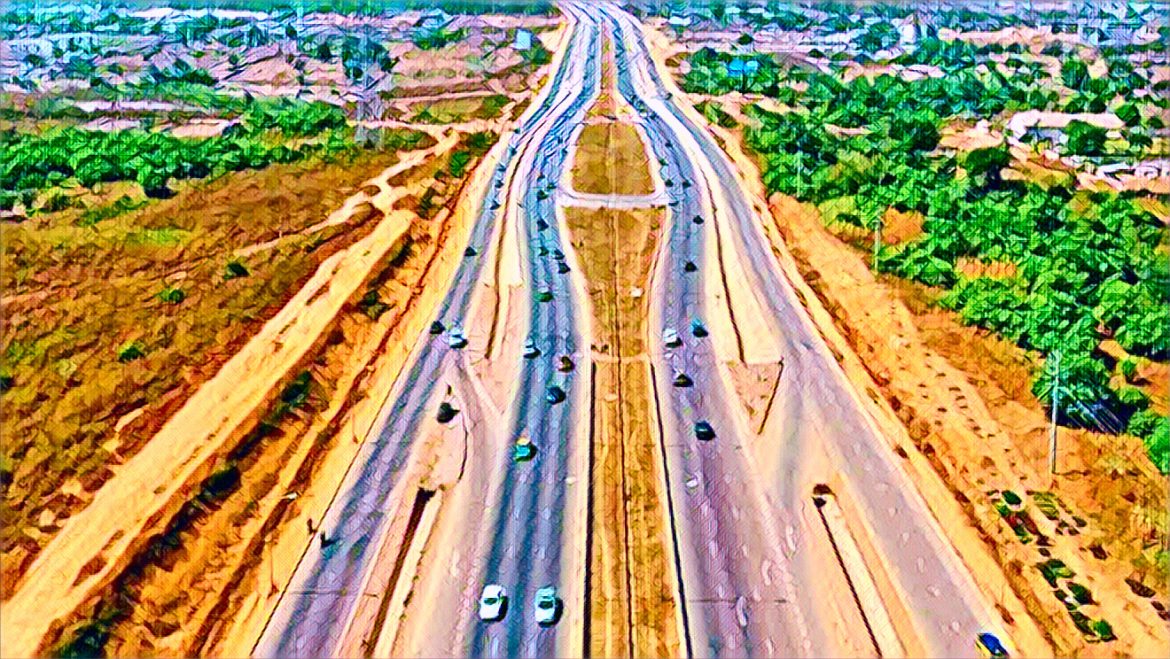In a dramatic shift of priorities, the Federal Government of Nigeria has opted to allocate funds towards the construction of the Lagos-Calabar Coastal Road project, diverting resources from previously proposed railway projects worth N16 trillion. This decision follows a comprehensive investigation into the feasibility and economic viability of various infrastructure initiatives across the country.
The move to invest in the Lagos-Calabar Coastal Road underscores the government’s commitment to enhancing transportation networks and facilitating regional connectivity along Nigeria’s coastline. The ambitious project, estimated at N2.6 trillion, aims to link the bustling commercial hubs of Lagos and Calabar, fostering trade, tourism, and economic development along the coastal corridor.
The decision to abandon the proposed railway projects, which encompassed extensive railway networks spanning multiple regions, marks a significant departure from previous infrastructure plans. While the railway projects held promise for modernizing Nigeria’s transportation infrastructure, concerns over cost, implementation timelines, and return on investment prompted a reassessment of priorities.
The Lagos-Calabar Coastal Road project is poised to address critical infrastructure gaps and unlock the economic potential of coastal communities, creating employment opportunities, stimulating economic growth, and improving accessibility to key markets and ports. By prioritizing strategic investments in road infrastructure, the government aims to address mobility challenges, reduce transportation costs, and enhance the overall competitiveness of the Nigerian economy.
While the decision to reallocate funds from the railway projects may spark debate and scrutiny, proponents of the Lagos-Calabar Coastal Road argue that it represents a pragmatic approach to infrastructure development, tailored to the unique needs and priorities of Nigeria’s coastal regions. The project is expected to complement existing transportation infrastructure and support the government’s agenda for inclusive and sustainable growth.
As the Federal Government embarks on the implementation of the Lagos-Calabar Coastal Road project, stakeholders are called upon to support efforts to expedite construction, address logistical challenges, and ensure transparency and accountability in project execution. With effective collaboration between government agencies, private sector partners, and local communities, the project holds the potential to transform coastal regions and unlock new opportunities for prosperity and development.
Despite the shift in focus from railway projects to road infrastructure, the Federal Government remains committed to advancing its broader agenda for infrastructure development and economic transformation. The decision reflects a strategic realignment of priorities in response to evolving economic dynamics and infrastructure needs, with the aim of maximizing the impact of investments and delivering tangible benefits to the Nigerian people.
Source: Tribune


